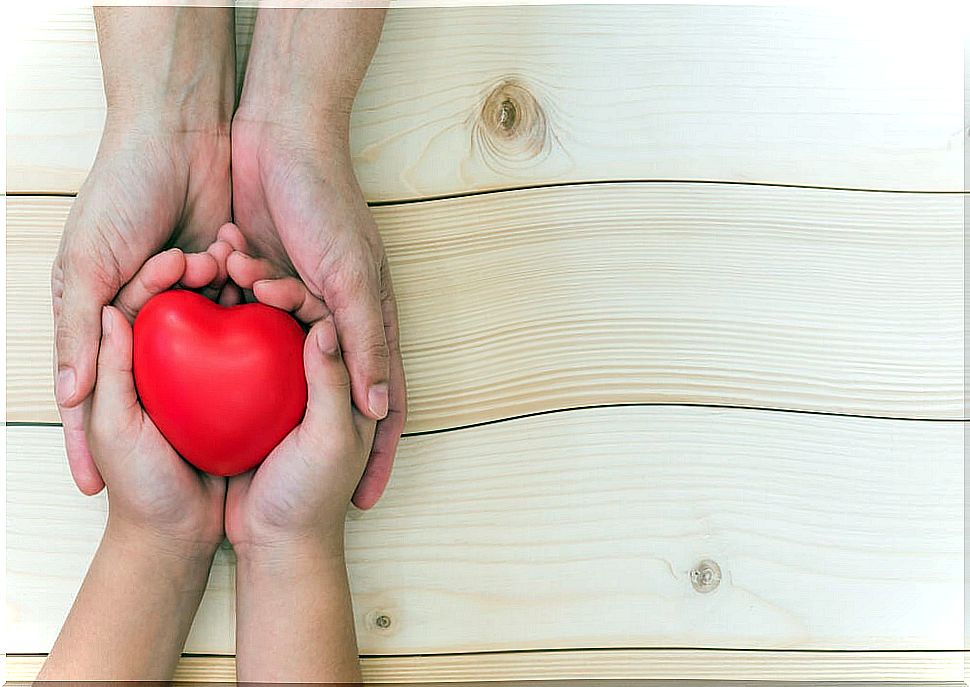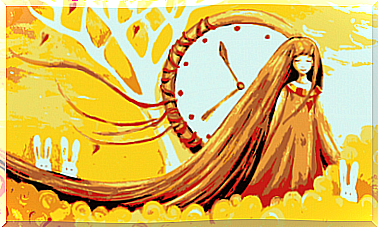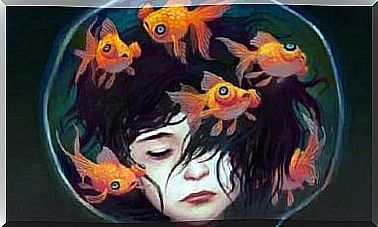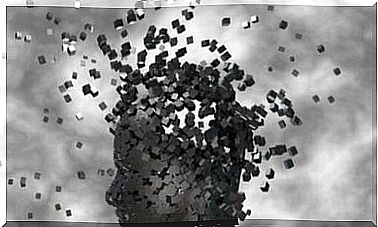The Recognition Value

Recognition is a very important part of our constitution, precisely because of the contribution it makes to our well-being. When living in society, we expect the recognition of the other in terms of reference (source of information) and reinforcement of our way of acting, thinking or proposing ourselves (attitude) in the face of a situation.
Precisely, in the constitution of a person, the other conditions the image that this forms of itself, especially during the first years of life. In addition to encouragement, the child needs to feel protected against inclement weather, love, affection and respect.
In this way, your psyche is shaping in a healthy way, in the short and long term. The exterior will be an essential regulator of your wants and needs; an ecosystem to which it must adapt to survive in society.
As we see, the other plays an essential role in the different stages of life. At birth, parents / guardians play a critical role. When we move on to later stages, the circle of influence widens, so that we never cease to be sensitive to the actions of others. In addition, within what others give us or take from us, we can place recognition, which in many cases acts as a reinforcer of a behavior and of the idea that we have of our own self.

What are the benefits of recognition?
Some of the benefits of recognition are as follows:
- Supports a healthy development of self-esteem
Recognition, to the extent that it mediates our self-concept, influences how we feel about ourselves (self-esteem). A self-esteem, which as its own and faithful follower, will be a continuous reference, following us everywhere.
Remember that emotions are energy. Thus, the good health of our faithful companion (self-esteem) will condition the choice of projects and the attitude with which we embark on them.
- Strengthens social relationships
Recognition strengthens social relationships . Whether on a personal or professional level, the person who gets recognized will feel empowered.
- Improves the level of personal satisfaction
Definitely the level of personal satisfaction improves substantially when there is recognition, especially when we talk about work and attitude.
- Decrease destructive self-criticism
Demanding people can be cornered by their own critical thoughts if their work is not recognized. Therefore, recognition is essential to hinder a negative dialogue that involves the abuse of one’s own self.
- Increase self-confidence
When a person has external recognition he can better build his self-esteem and reinforce his own confidence. Self-assurance will increase your courage in the face of new situations that you face on a daily basis.

What happens when the person does not get recognition?
The recognition of others is of utmost importance for the constitution of our self ( seft ). When the individual is born, his process of acculturation begins from the relational dynamics that is built with the other.
In this sense, the bond that it generates and maintains, with its caregivers, will be essential for its development to be healthy. From his desires and needs, the individual begins the dynamic relationship that exists between his Self and the outside. In this way, it will begin to regulate itself and will succeed in conforming, a posteriori, what Sigmund Freud has established as the Principle of Reality in Beyond the Pleasure Principle in 1920.
Thus, the postulate of Freud refers to mental processes are regulated automatically by the Pleasure Principle. Then, an unpleasant tension is set in motion, which has as a final result its decrease to avoid unpleasure (understanding unpleasure as lack of recognition).
In conclusion
In short, to live in society in an adapted way we need good impulse control. In this way, the individual does not give up his desires, but postpones or drifts them, to satisfy them when the time is right.
When we do not obtain the recognition of others, self-esteem can be damaged, generating discomfort in the individual. In addition, the influence of reinforcement on the other is especially powerful in childhood, being able to use it as a very powerful tool to educate without punishment.
In short, knowing that there is an other who is capable of recognizing our existence or our work in a negative way reinforces the most positive parts of our self. In addition, it increases the probability that we will repeat those behaviors for which we are reinforced.









